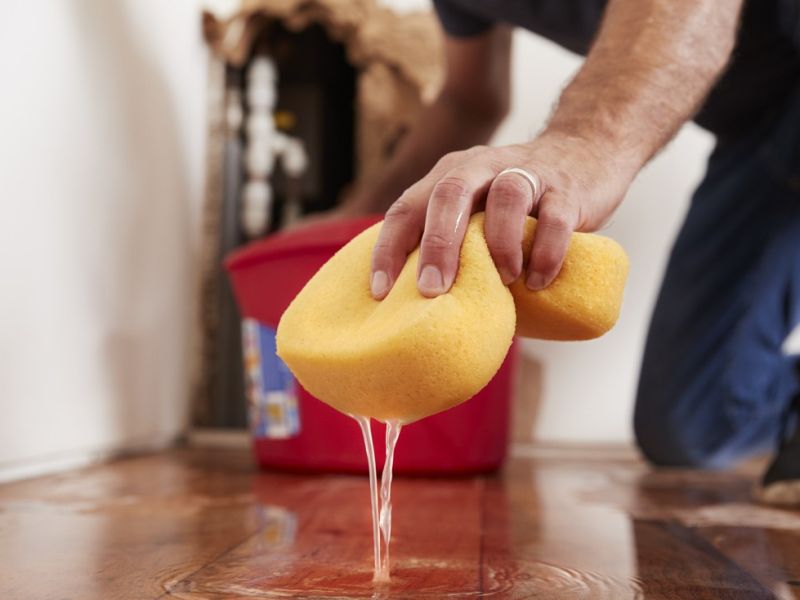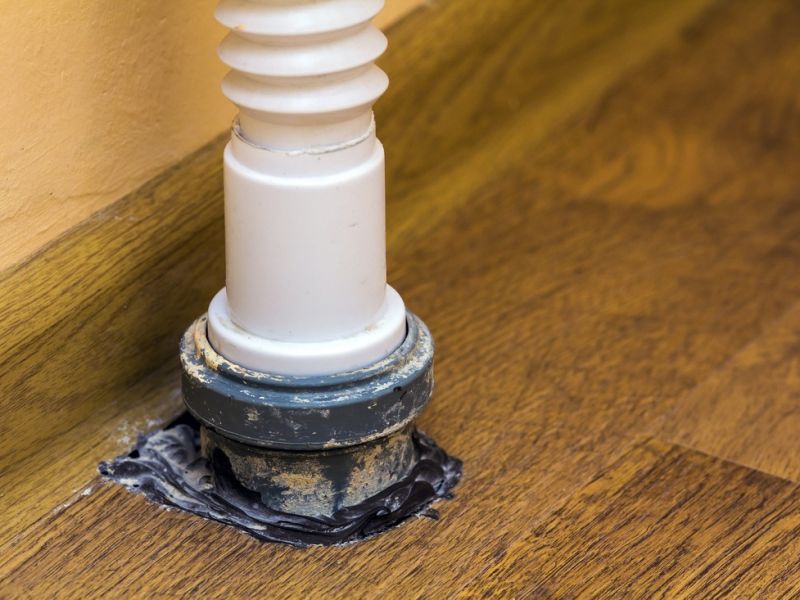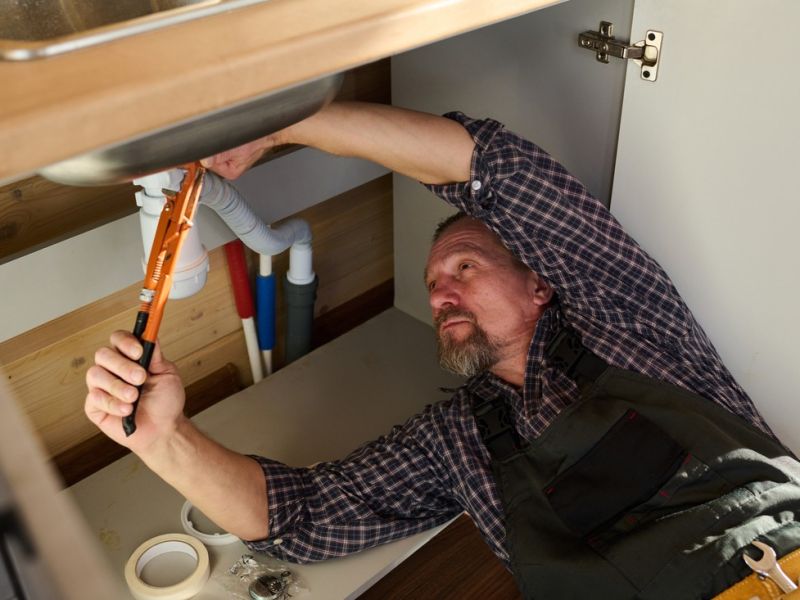
The Importance of Regular Maintenance for Preventing Broken Pipes
Investing in regular maintenance for your plumbing system can save you from the hassle and expense of dealing with broken pipes. Whether you’re a homeowner or a business owner, understanding the importance of preventive measures can help you avoid costly repairs and water damage. By taking proactive steps to maintain your pipes, you can ensure their longevity and preserve the integrity of your plumbing system. Here, we will explore the benefits of regular maintenance in preventing broken pipes.
Maintaining Proper Water Pressure
One of the leading causes of broken pipes is excessive water pressure. When the water pressure in your pipes is too high, it can put strain on the pipes, leading to cracks, leaks, or bursts. Regular maintenance allows a professional plumber to monitor and adjust the water pressure, ensuring it remains within a safe range. By maintaining proper water pressure, you can prevent the risk of broken pipes and the resulting water damage.
Detecting and Repairing Leaks
Leaks in your plumbing system can lead to significant water damage and weaken the pipes over time. Regular maintenance involves inspecting the entire system for any signs of leaks, no matter how small. By detecting and repairing leaks early on, you can prevent them from escalating into more extensive damage, such as pipe bursts. Regular maintenance also includes checking for hidden leaks or slow drips that may go unnoticed but can still cause damage over time.

Cleaning and Clearing Drainage Systems
Clogged drains and sewer lines can put pressure on the pipes, leading to backups and potential pipe bursts. Regular maintenance involves cleaning and clearing the drainage system, removing any blockages or obstructions. By keeping your drains and sewer lines clear, you can prevent excess pressure on the pipes, reducing the risk of broken pipes and related water damage.
Insulating Pipes for Cold Weather
Cold weather can be particularly harsh on your plumbing system, as freezing temperatures can cause pipes to freeze and burst. Regular maintenance includes inspecting and ensuring proper insulation for pipes in areas prone to freezing. By taking preventive measures, such as insulating exposed pipes and maintaining adequate heating in colder seasons, you can protect your pipes from freezing and potential damage.
Professional Guidance and Advice
Investing in regular maintenance means working with professional plumbers who have extensive knowledge and experience in identifying and addressing potential issues. These experts can provide guidance and advice on how to best maintain your plumbing system, including specific recommendations based on the age and condition of your pipes. By following their recommendations and implementing preventive measures, you can save yourself from the stress and expenses associated with broken pipes.
Proactive Steps to Prevent Broken Pipes
1. Schedule Regular Inspections
Regular inspections are essential for identifying any potential problems or signs of wear and tear in your plumbing system. By scheduling professional inspections at least once a year, you can catch any issues early on and address them before they lead to broken pipes.

2. Monitor Water Pressure
Monitor the water pressure in your plumbing system regularly. Invest in a pressure gauge to check the pressure periodically, and contact a professional if you notice any excessive pressure. Maintaining proper water pressure can significantly reduce the risk of broken pipes.
3. Educate Yourself and Your Family
Provide education to your family members or employees about proper usage and care of the plumbing system. Teach them about avoiding putting excessive pressure on the pipes, not flushing inappropriate items down the toilet, and alerting you or a professional plumber if they notice any signs of leaks or plumbing issues.
4. Insulate Exposed Pipes
Identify any exposed pipes in your home or building and insulate them to protect them from freezing temperatures. Use pipe insulation sleeves or heating cables to ensure adequate insulation and prevent pipes from freezing and potentially bursting.
5. Take Immediate Action for Leaks
If you notice any leaks or signs of water damage, take immediate action. Shut off the water supply, mop up any excess water, and contact a professional plumber to address the issue promptly. Ignoring leaks can lead to more severe damage and costly repairs.
6. Avoid DIY Fixes for Complex Issues
While minor plumbing issues can sometimes be fixed with DIY solutions, complex problems should always be handled by professional plumbers. Attempting to fix complicated issues yourself can lead to further damage or ineffective repairs, increasing the risk of broken pipes in the long run.
The Cost of Ignoring Preventive Maintenance
Choosing to ignore regular maintenance for your plumbing system can have severe consequences. Broken pipes can cause extensive water damage, resulting in costly repairs, property damage, and even potential health hazards. Additionally, the inconvenience and disruption caused by plumbing emergencies can be stressful and time-consuming. By investing in preventive maintenance, you can protect your property, save money in the long run, and ensure the smooth operation of your plumbing system.
Conclusion
Investing in prevention through regular maintenance is a wise choice when it comes to avoiding broken pipes and the associated problems they cause. By maintaining proper water pressure, detecting and repairing leaks promptly, cleaning and clearing drainage systems, insulating pipes for cold weather, and seeking professional guidance, you can prevent costly repairs and water damage. Remember to schedule regular inspections, educate yourself and others on proper plumbing practices, insulate exposed pipes, and take immediate action for leaks. By taking proactive steps, you can protect your property and enjoy a well-functioning plumbing system for years to come.
Why is regular maintenance important for preventing broken pipes?
How often should I schedule plumbing inspections?
For more information about plumbing services and water damage restoration, visit Houston Restoration Group.
